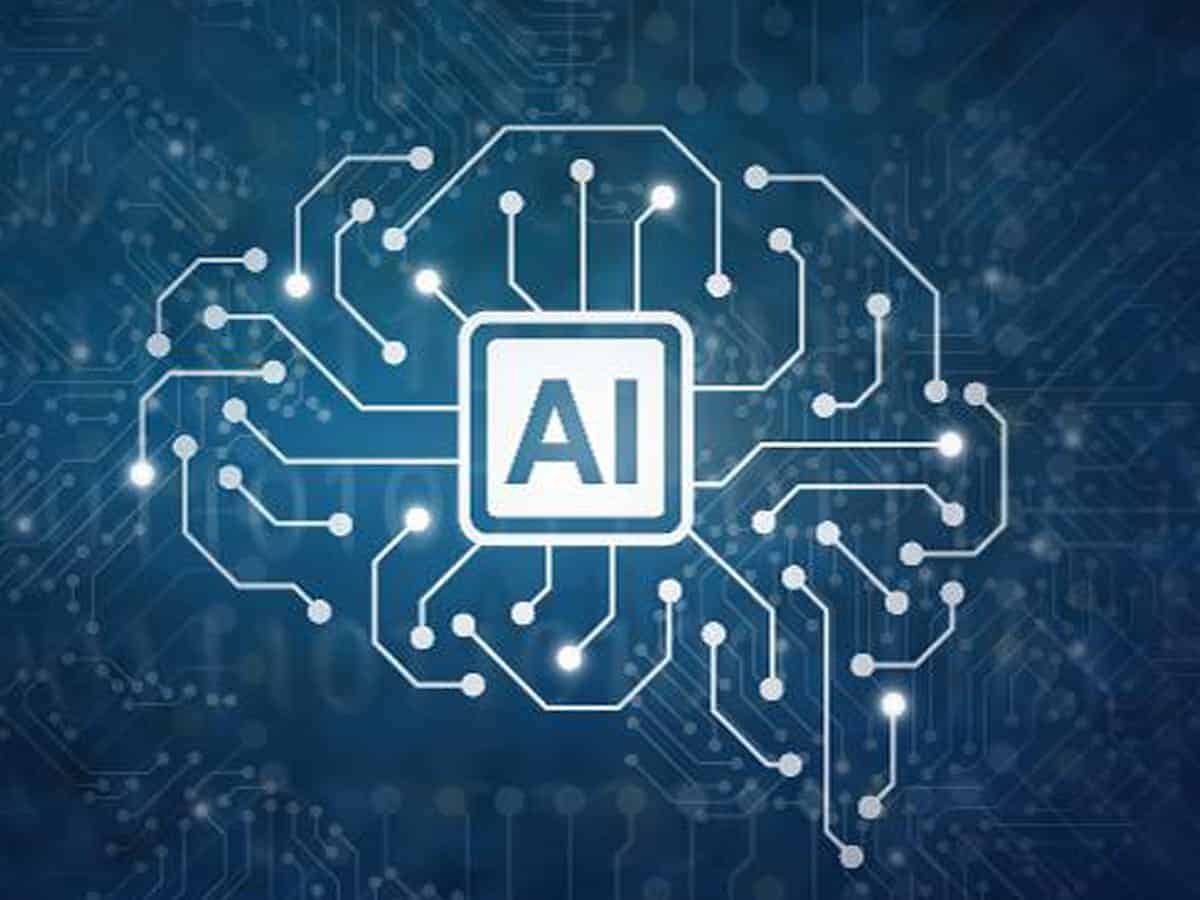
Microsoft co-founder Bill Gates on Wednesday, February 28, visited the Microsoft India Development Center (IDC) in Hyderabad, an innovation centre envisioned by him in 1988. The centre is integral to its world-class products such as Azure, Windows, Office, Bing, Copilot, and other AI applications.
Echoing his optimism over the opportunity for an AI-powered India, Miscrosoft India MD Rajiv Kumar said, IDC was excited to drive innovation from Hyderabad for Microsoft.
Hyderabad is rapidly emerging as a frontrunner in the realm of artificial intelligence (AI). A recent survey ranks Hyderabad second among the top places with AI job prospects in India, underscoring the city’s importance in the tech landscape.
With global giants establishing their presence in the city and a workforce exceeding 10 lakh professionals in the IT/ITES sector, Hyderabad is poised to become a powerhouse of AI innovation.
In Telangana, 2020 was officially declared the Year of AI (Artificial Intelligence). Moreover, the state aims to catapult Hyderabad into the ranks of the top 25 AI innovation hubs globally within the next decade.
The state government also recently signed an MoU with 3AI to establish the state as a prominent global hub for Artificial Intelligence (AI) development and innovation. The MoU aims to position Hyderabad as a key player in the global landscape of IT and AI development.
However, the governments, in Telangana or elsewhere in the world, are ignoring some stark warnings pertaining to the development of AI.
Prophecy of doom
From the creation of convincing deep-fakes to the erosion of trust in news media, the implications of AI are profound and multifaceted.
One of the most alarming predictions regarding AI revolves around the perfecting of deep-fakes —highly realistic digital manipulations of people, places, and events. When AI achieves this mastery, the very notion of truth will become blurred. No news source will be trusted, as even the most discerning individuals will struggle to distinguish fact from fiction. The erosion of trust will reach a critical juncture, leading to a cataclysmic event where social media and online platforms will be consumed by chaos.
In that AI-dominated reality, humanity will find itself ensnared in a web of illusions, unable to discern reality from fabricated narratives.
Warning about the blurred lines between truth and reality with the advent of advanced AI, American astrophysicist and author Neil deGrasse Tyson recently posted on X: “When AI perfects deep-fakes of people, places, & things, no news will be trusted.”
Reality check
While AI promises tremendous benefits, such as improved efficiency and creativity, there are growing fears about its unchecked development. The scepticism about AI’s potential apocalypse is not unwarranted, given how trustworthy the corporate media and technology firms have been.
Even without the influence of AI, media manipulation and misinformation have been pervasive. The advent of AI exacerbates these concerns, raising questions about who controls the narrative and the technology to disseminate it, and to what end.
AI’s unfettered development raises ethical and moral dilemmas. The unchecked proliferation of AI technologies by profit-driven entities threatens to undermine the very fabric of human societies.
Despite the risks posed by AI, it is essential to recognise its potential for positive change. However, to harness its benefits while mitigating its dangers, stringent regulations and ethical guidelines are imperative. Without proper oversight, AI could unleash unintended consequences that outweigh any potential rewards.
Mindless race?
Governments worldwide appear to be engaged in a frenetic race to develop artificial intelligence (AI). In their pursuit of technological supremacy and global competitiveness, governments are pouring resources into AI research and development initiatives, viewing it as a catalyst for innovation and job growth.
On the other hand, there are mounting concerns that this race for AI dominance may be driven more by vile ambitions and economic interests than by genuine societal benefits. Critics have cautioned against the mindless pursuit of AI development, emphasising the need for ethical considerations, regulatory frameworks, and a comprehensive understanding of the potential societal impacts.
If the development of this technology is left unchecked, Hyderabad — which is poised to be an AI hub by virtue of its over 10 lakh techies, over 1,500 global tech companies, and inadequate checks for AI-development — may already be sitting in the front row to witness the AI-orchestrated doom.



